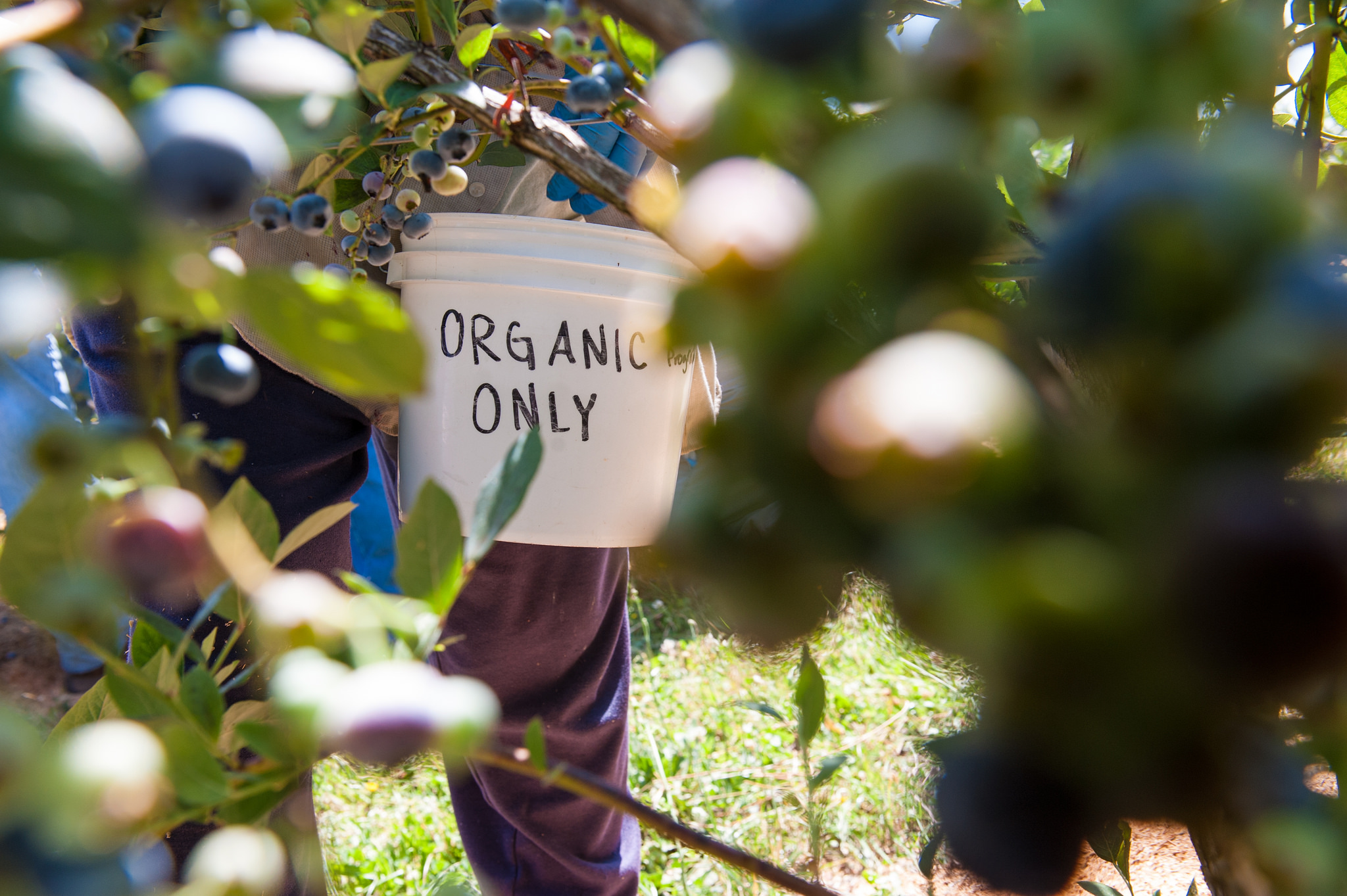You’ve decided to go organic in the garden, but the products staring back from the nursery shelves seem as daunting as the bugs and diseases they’re meant to control.
What’s a gardener to do?
First, take some advice from Weston Miller, a horticulturist with Oregon State University Extension Service. Stop, take a breath and evaluate your garden. How bad is it? Have you really looked carefully?
“With organic gardening there are fewer options available, so going on bug patrol can be really important,” he said. “If you find them early, it’s much easier to control them.”
In his own 1-acre vegetable garden in Southeast Portland, Miller monitors early and often. When he finds plants overridden with pests, he yanks them out immediately. Usually plants attacked so vehemently are suffering transplant shock or some other problem.
For less serious, but still bothersome infestations, Miller sometimes turns to organic insecticidal soap, which is effective but must hit the bug to kill it so good coverage is essential. The soap also should be reapplied regularly, usually once a week.
Healthier plants fare better and when he finds bugs, he’ll squash them or wash them off with a squirt of water and let predators on the ground have at them.
“It’s the healthier plants that should be the gardener’s goal if they want to use exclusively organic materials and techniques,” Miller said. “That means careful planning and choosing the right plants for the right places and giving them the right care.”
Part of that strategy includes creating a diverse ecosystem with a variety of flower shapes and types that will attract beneficial insects that keep pest populations like aphids under control.
“There will still be some aphids,” he said, “but not as many, and they’ll be easier to deal with.”
Except that easy is a relative word in this sense. When you visit the garden center, what should your hand grab off that shelf? The first thing to look for, Miller said, is the OMRI (Organic Materials Review Institute) stamp of approval. Products must qualify for the nonprofit program to be included and they must pay, so you won’t see the logo on all organic products. But it’s a great start.
Keep in mind, just because something is organic, doesn’t mean it kills only what you’re after, Miller said. For instance, pyrethrum, which is derived from chrysanthemums, is a broad spectrum insecticide that kills bees and other pollinators, as well as ladybugs and the highly helpful ladybug larvae.
“It’s organic, it breaks down quickly and is reasonably effective, but the timing of application is important,” Miller said. “Don’t apply it when bees are out.”
Another effective product is organic copper-based fungicide used for peach leaf curl during the dormant period. But you need to be concerned about using it around pregnant women and it will build up in the soil, Miller cautioned.
On the very safe side of the spectrum are products such as iron phosphate for slug control and Bt (Bacillus thuringiensis), a bacterium that kills imported cabbage worm.
The best thing you can do, Miller stressed, is to read the label. Don’t buy something that doesn’t list the pest you want to control. And pay attention to any cautions, whether the material is organic or not.
When it comes to fertilizers, organic types must be broken down by microorganisms in the soil so aren’t as quickly available as synthetic, which are water soluble. To combat that problem, Miller uses a water-soluble fish emulsion for transplants in April and May so nutrients are immediately available for growth.
For any organic gardener, weeds will be the bane of their existence. There just aren’t many good ways to control them organically, except hand weeding. And for persistent perennial weeds like bindweed and crabgrass, that means extremely often.
“Relying on organics will be more work and frustration than most people will want to handle,” Miller said. “Using broad spectrum synthetic herbicide ahead of planting will save hours per year of frustrating labor. It’s a long-term challenge. Broad spectrum is worth it. If you’re concerned about it, follow up by adding compost to the soil and use organic from then on. In the organic world, it’s a three-year transition period until the time you can use organic as a term.”
Again, Miller stressed, always read labels. Plan your garden carefully so you grow healthy plants that can withstand pests and diseases and attract natural predators. Spend time checking for diseases and pests and react quickly. That will get you a long way toward a garden that needs minimum input, organic or otherwise.

